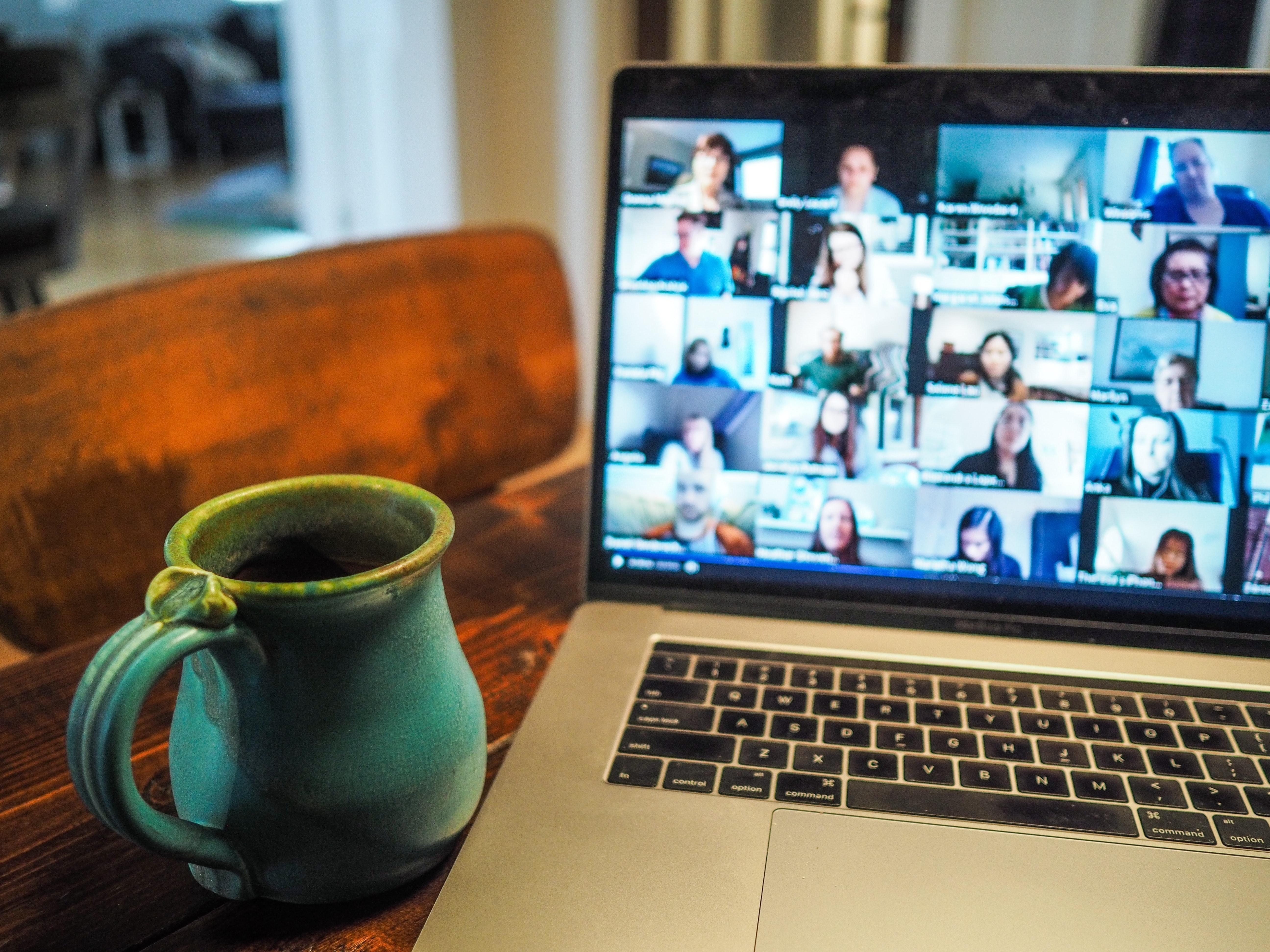Over 3000 Professionals Gather for the Virtual Telemental Health Preparedness Summit
In May 2020, as a response to the global coronavirus pandemic, the Telehealth Certification Institute hosted the first Telemental Health Preparedness Summit, a large-scale virtual training, in cooperation with national behavioral health associations, telehealth infrastructure companies, and expert clinical trainers.
COVID-19 significantly accelerated the need for behavioral health providers to serve clients virtually, requiring that the vast majority of clinicians become immediately trained in the technical, legal, and ethical aspects of telehealth. As national experts in certifying professionals in Telemental Health, the summit offered training and CE hours, in addition to opportunities for Telemental Health Certification. The Telemental Health Preparedness Summit brought together behavioral health professionals across disciplines (including therapists, psychologists, social workers, professors, chaplains, students, etc.) to quickly and competently train on critical remote services.
In total, this ground-breaking summit attracted 3000+ behavioral health clinicians, 30+ highly-skilled trainers (offering a broad range of expertise), and 20 partner organizations from across the nation serving as sponsors/exhibitors. But, what stood out more than anything was the depth of content and the interactions among participants.
- The trauma-focused Pre-Summit featured nationwide experts on disaster response and compassion fatigue, supporting practitioners in their role as critical first responders.
- NAADAC’s speaker team (The Association for Addiction Professionals) addressed Telehealth Ethics in a pandemic environment.
- Legal and technical experts provided specific, tactical tools and platforms.
- Multiple experts addressed treating complex trauma and providing integrative behavioral care via telehealth.
- Experiential self-care sessions addressed critical needs among helpers and encouraged intentional self-care practices.
- Summit participants engaged transparently in breakouts, embracing community and demonstrating solidarity across disciplines.
The helping community has been hard hit during the coronavirus; we anticipated that the needs of the behavioral health community would be unprecedented, but the conversations at the summit conveyed just how essential these trainings (and the support they provided) were too critical services nationwide.
We are grateful for the attendees who joined us and the trainers, sponsors, and exhibitors who provided content/offerings to help mental health practitioners navigate a pressing nationwide need. We could not have done it without you! Thank you for serving clinicians, clients, and communities alongside us.




The course was so informative and I was glued to my screen for the entire duration. I received so much knowledge concerning ethics in telehealth and I am greatly encouraged to read about all the standards and policies that pertain to my practice. Thank you!.